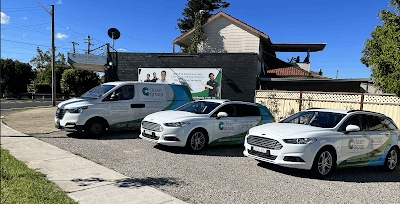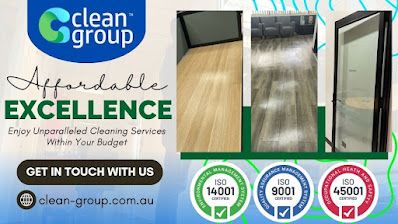
Does Clean Group offer any additional services besides cleaning?
What are the benefits of hiring Clean Group for office cleaning?
Indoor air quality has become a focal point, especially amid growing concerns about allergens, pollutants, and airborne pathogens. Commercial cleaning firms are investing in HEPA-filtered vacuums, low-emission floor equipment, and air purification systems. These investments contribute to healthier environments, reduce absenteeism, and enhance workplace satisfaction-making the cleaning provider a strategic partner rather than a background service.
Furthermore, the future of commercial cleaning may see an even greater focus on customization. As clients' expectations evolve, there is a growing demand for cleaning services that are tailored to the specific needs of individual businesses. For example, a medical office may require different cleaning protocols than a tech startup, and a restaurant may need specialized cleaning to meet health and safety standards. As a family-owned business, Clean Group places a strong emphasis on building lasting relationships with clients. They treat every client like part of the family and go the extra mile to ensure satisfaction. Over the years, Clean Group has earned the trust of a wide range of clients, including leading brands across Kings Cross, NSW. Their dedication to customer service and commitment to high-quality cleaning has made them the go-to cleaning service provider for businesses in the area. Commercial Cleaning Kings Cross The reputation Clean Group has built over the years is a testament to its outstanding service. Many leading brands in Kings Cross trust Clean Group with their commercial cleaning needs. From small businesses to large corporations, Clean Group has demonstrated its ability to meet the cleaning demands of diverse industries. Their expertise in cleaning various commercial spaces ensures that every client receives tailored services that meet the unique requirements of their workplace.. Commercial cleaning companies are responding by offering customizable service packages that allow businesses to choose the frequency, scope, and type of cleaning required. This level of flexibility helps businesses maintain clean and hygienic environments while ensuring that they receive the services that best fit their needs. Additionally, some companies are offering eco-conscious options, such as using plant-based cleaning products or minimizing waste, catering to businesses that prioritize sustainability in their operations.
The commercial cleaning industry is continuously adapting to new demands. Whether it's changing workplace designs, evolving hygiene standards, or greater environmental expectations, cleaning services now play a central role in maintaining functional, safe, and welcoming environments. Cleaners contribute directly to public health, brand strength, and operational efficiency-and the profession is gaining the recognition it deserves.

